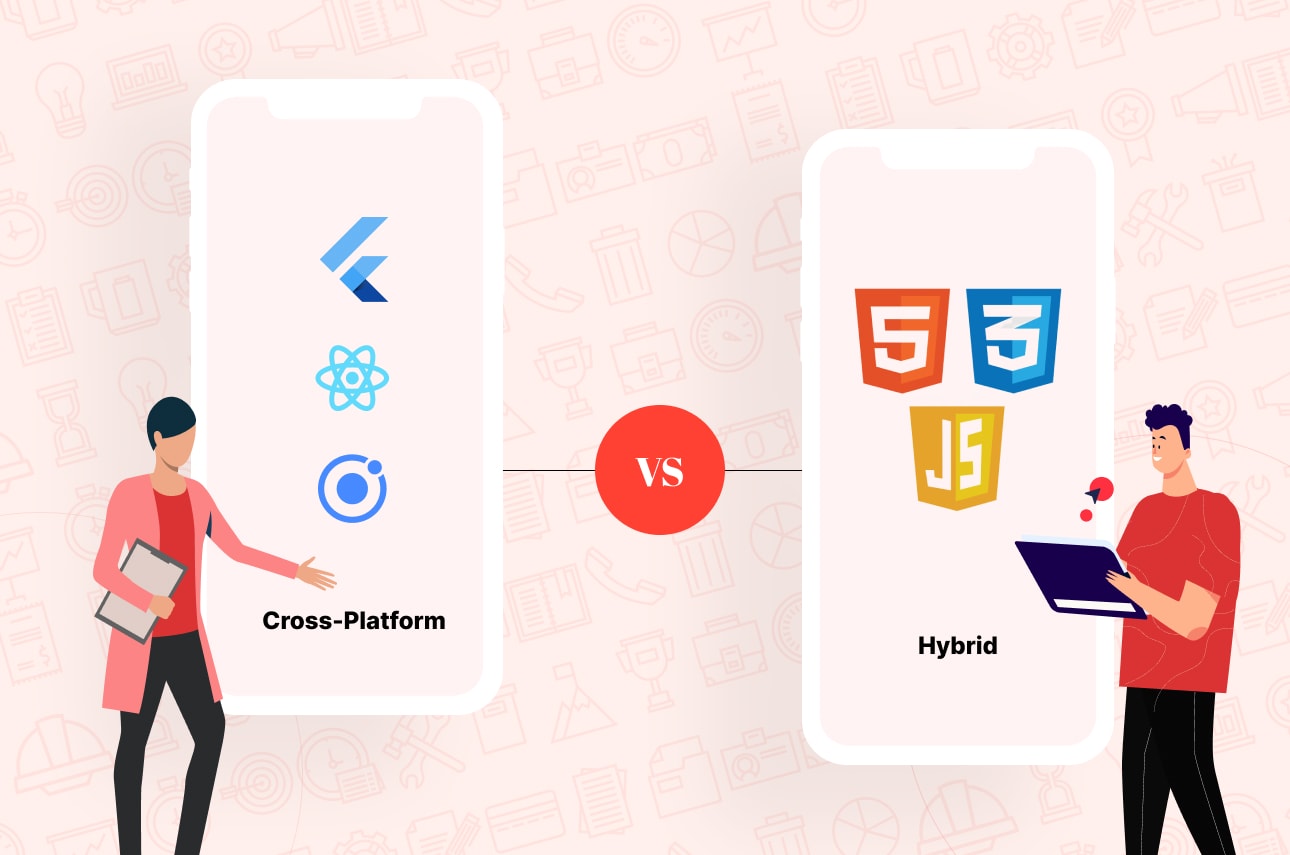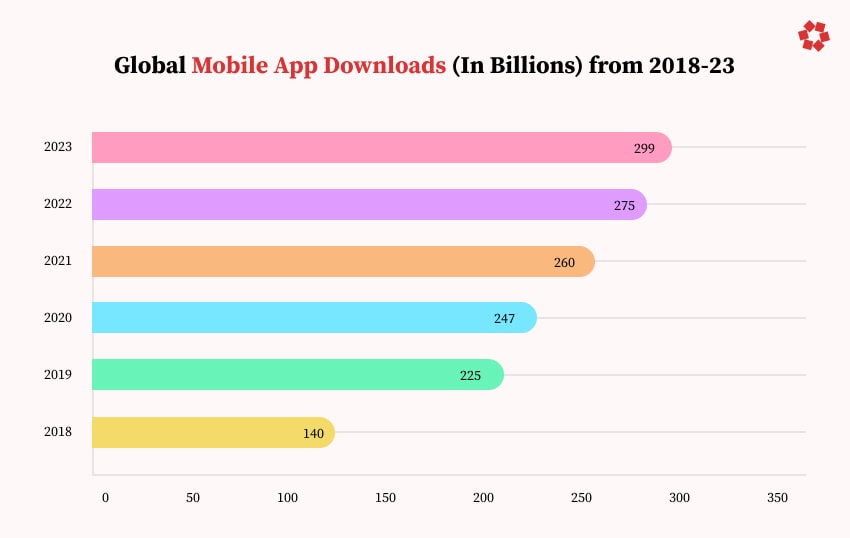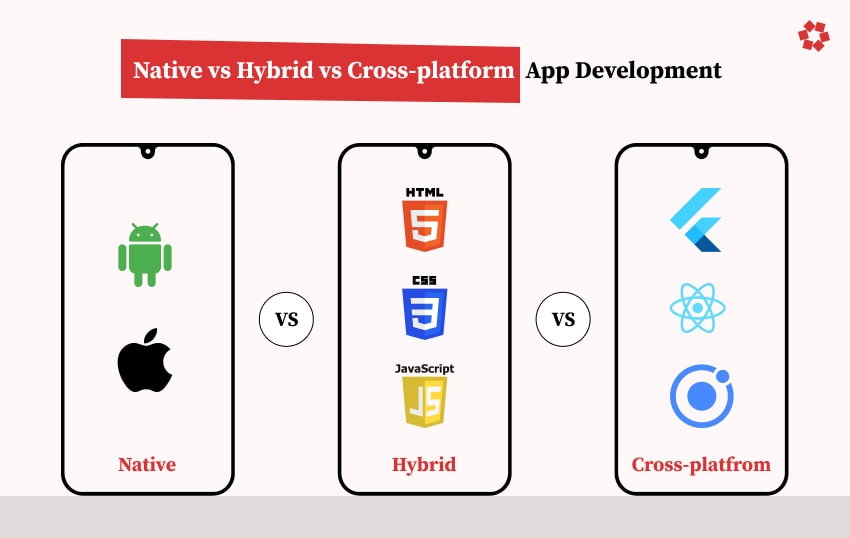Introduction
The popularity of smartphones is growing in every corner of this beautiful planet that is becoming a hotbed of innovations. Much of this innovation from a business perspective is related to mobility solutions. The rise of mobile application development over the last decade on a global level has been so stunning that it would not be possible to believe if we do not have these statistics shown below:
Statista reports that,
- There are 6 billion mobile users out of the total population of 8 billion people. Stunning, isn’t it?
- As we enter 2023 now, it is predicted that the number of app downloads worldwide would be around 299 billion by the end of this year.
- This shows a rise of around 50 billion app downloads to the figures of 247 billion in 2020.
- Mobile apps are projected to have USD 935 billion in revenues via paid apps, in-app purchases, and in-app advertising models.
Just have a look at the image shown below which shows the number of app downloads in recent years:
While these are a few of many, there are way more reasons why businesses are finding the right mobile app development company to build a custom mobility solution. After all, it is exactly what is needed to accelerate business growth, increase visibility, and bring their products closer to the target audience than ever before.








